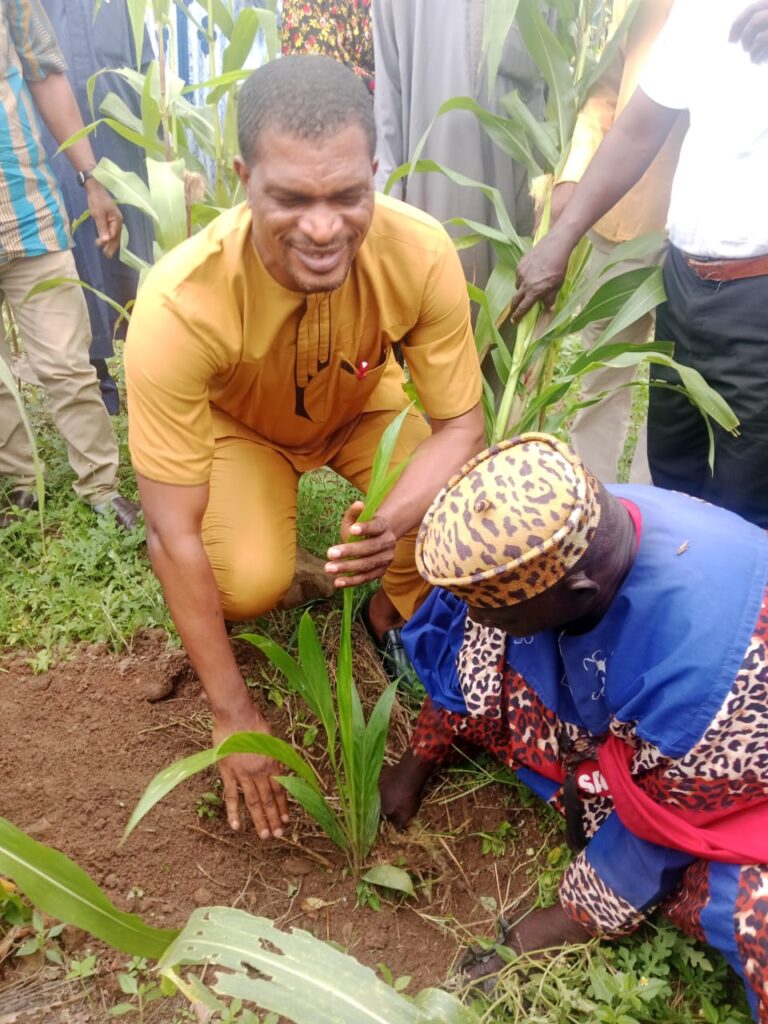By Esther Akaa, Lafia
Climate-impacted communities in Nasarawa State are building resilience to climate change, thanks to capacity-building initiatives provided by the African Activists for Climate Justice Project (AACJ). An investigation by Grassroots Parrot revealed that these communities have started applying skills learned from the AACJ project to adopt environmentally friendly practices such as planting economic trees, briquette production, and smart agricultural techniques.
The AACJ project, supported by Oxfam through the Dutch Ministry of Foreign Affairs and partners, including YMCA Mada Hills and the Association of Small Scale Agro Producers in Nigeria (ASSAPIN), provided knowledge to nine climate-affected communities across five local government areas (LGAs). The communities have since taken significant climate-adaptive measures, including tree planting, briquette production, and forming community-saving groups to enhance their socio-economic stability.
READ ALSO: GIFSEP Advocates For Climate Change Legislation In Nasarawa State
In Lafia LGA, community members in Barkin Abdullahi and Gidan Akuya have planted oil palm seedlings, aimed at mitigating deforestation and its impact on the environment. Mr. Terhemba Ajav, a beneficiary, explained that the training and seedlings provided by Oxfam have encouraged community members to plant trees, which will provide both economic empowerment and environmental benefits.
In Ntsakpe and Buhar communities, the AACJ project introduced briquette production as an alternative to firewood, reducing deforestation and making cooking easier for women. Community leader Hon. Magson Anthony Zarmo noted that using agricultural waste for briquette production has become a sustainable energy source, easing the pressure on natural resources.
READ ALSO: Concrete Road Construction Will Tackle Climate Change Effects – FG
The Director of Climate Change at Nasarawa State’s Ministry of Environment, Mr. Angbashim Ishaku, praised the AACJ project for its positive impact. He highlighted that the initiatives have not only provided clean energy alternatives but also contributed to policy development for climate change action in the state.
As the AACJ project continues until 2025, its implementers, including Oxfam and local partners, plan to sustain its impact through community education, climate change clubs in schools, and greater involvement of women and youth. Through these efforts, communities in Nasarawa are building resilience to climate change while securing a sustainable future.

